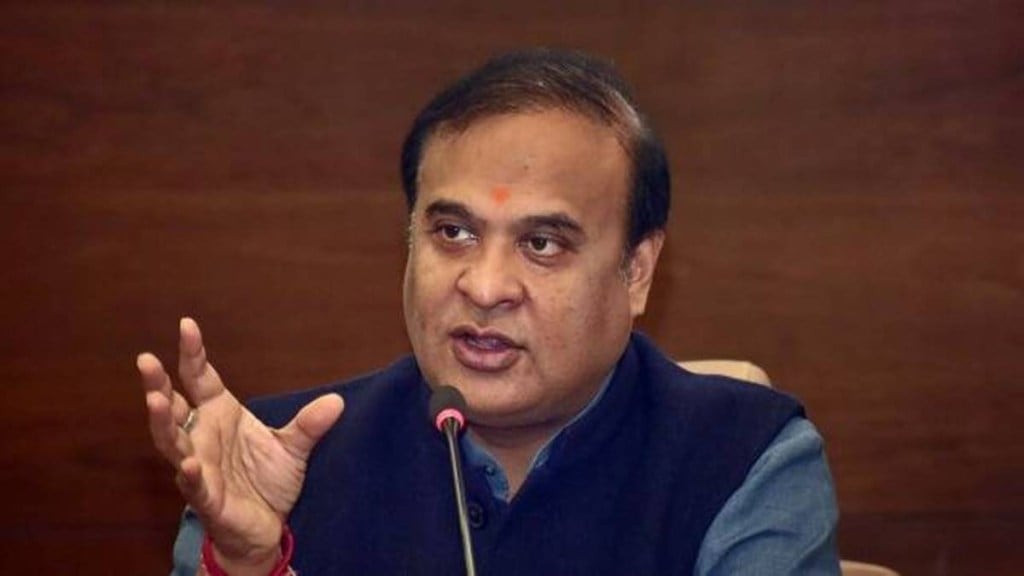Assam Chief Minister Himanta Biswa Sarma on Tuesday said the Assam government has decided to set up an expert committee to determine if the state legislature can prohibit polygamy in the state.
The committe, which is still to be formed, will examine the provisions of The Muslim Personal Law (Shariat) Act, 1937 read with Article 25 of the Constitution with respect to the directive principle of state policy, the CM said, adding that the committee will engage in extensive discussions with all stakeholders, including legal experts, to arrive at a well-informed decision.
Also Read: Have closed 600 madrasas, will shut down all: Assam CM Himanta Sarma in Karnataka
“The Assam Government has decided to form an expert committee to examine whether the state Legislature is empowered to prohibit polygamy in the state. The committee will examine the provisions of The Muslim Personal Law (Shariat) Act, 1937 read with Article 25 of the Constitution of India, Vis-a-Vis the directive principle of state policy,” tweeted the Chief Minister.
“The committee will engage in extensive discussions with all stakeholders, including legal experts, to arrive at a well-informed decision,” CM Sarma added.
Also Read: Madrassa word should cease to exist, says Himanta Biswa Sarma; bats for Uniform Civil Code
What is polygamy?
Polygamy, literally, means a marriage of many. It originates from the Greek word “polugamos” which translates to often marrying. Polygamy is defined as a system of marriage where a person is married to more than one spouse at the same time.
The practice of polygamy is unlawful in India and has been declared an offence under the Indian Penal Code, 1860. The Hindu Marriage Act, 1955 declares a marriage solemnised when the current spouse is living to be void and punishable as per IPC.
The Muslim personal law, however, still allows a Muslim man to have four wives at the same time. No such practice is in existence for Muslim women.
What does Muslim Personal Law state on polygamy?
According to Section 2 of the Act, the Muslim Personal Law takes precedence over any custom or usage to the contrary in case of marriages between Muslims.
“Notwithstanding any custom or usage to the contrary, in all questions (save questions relating to agricultural land) regarding intestate succession, special property of females, including personal property inherited or obtained under contract or gift or any other provision of Personal Law, marriage, dissolution of marriage, including talaq, ila, zihar, lian, khula and mubaraat, maintenance, dower, guardianship, gifts, trusts and trust properties, and wakfs (other than charities and charitable institutions and charitable and religious endowments) the rule of decision in cases where the parties are Muslims shall be the Muslim Personal Law (Shariat),” Section 2 of the Act states.
